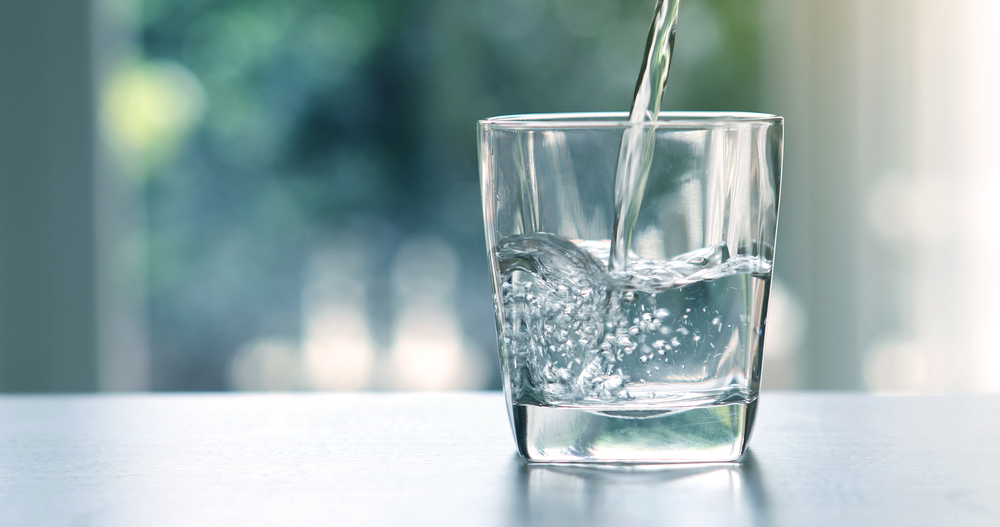The Science Behind Your Water: Sparkling vs. Still
Others are reading now
The debate over whether sparkling or still water is better is common among fans of fizzy drinks.
Personal preferences play a significant role, but scientific insights also shed light on the differences and benefits of each type, according to Alimente.
Sparkling water’s effervescence comes from adding carbon dioxide to filtered water, creating carbonic acid, which makes it more acidic than still water.
This difference in pH ranges from about 3.5 for sparkling water to between 6.5 and 8.5 for still water, raising questions about health impacts.
Also read
Both sparkling and still water are equally effective for hydration of course, and experts agree that water is a healthier choice than sugary or artificially sweetened beverages due to its low-calorie content and lesser impact on dental health.
While the acidity of sparkling water could potentially harm tooth enamel, especially when consumed with citrus or sugars, the effect is minimal for most people.
A good tip is to alternate between sparkling and still water to help neutralize acidity.
However, sparkling water can cause digestive discomfort for some individuals, leading to bloating or stomach issues.
Additionally, its acidity may irritate the urinary system in those with an overactive bladder. As for water temperature, some studies suggest cold water may slow digestion, while others indicate it could temporarily boost metabolism.
Ultimately, the choice between sparkling and still water depends on personal taste and individual health considerations. Both options are healthy, and staying hydrated is what matters most.


